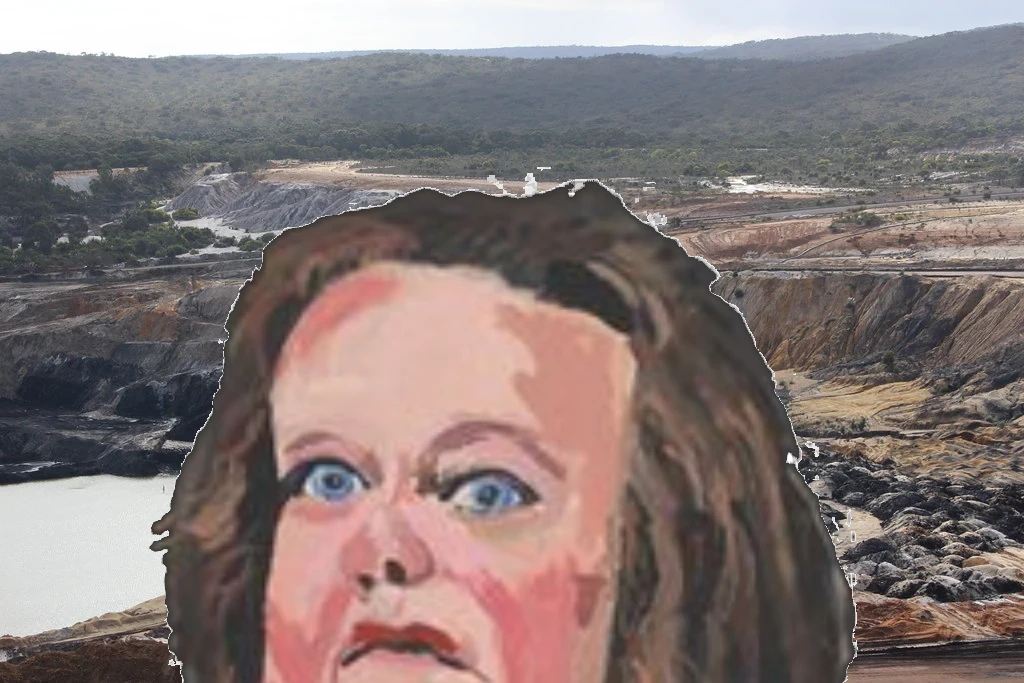Aussie Enviro
An Australian community for everything from your backyard to beyond the black stump.
Topics may include Aussie plants and animals, environmental, farming, energy, and climate news and stories (mostly Aus specific), etc.
Want a news or information source? Try one of these links below!
News
The Conversation
(Environment)
Independent Australia
(Environment)
The New Daily
(Life, Science and Environment)
The Saturday Paper
(Environment)
John Menadue
(Public Policy/Climate)
Westender (Environment and Climate)
Sydney Morning Herald
(Environment)
National Indigenous Times
(Environment)
Science
Phys.org
(Australia and Environment)
Online Library.Wiley
(Search Earliest)
Science in Public
(Media Release)
Conservation
Australian Conservation Foundation ACF
(Media Releases)
Biodiversity Council
(Stories)
Conservatioon Council of WA
(News)
Marine Conservation
(Media Releases)
Greening Australia
(News/Media)
WWF, World-Wide Fund for Nature
(News)
WWF, World-Wide Fund for Nature
(Blogs)
Nature Conservation Council for NSW
(Media)
Threatened Species Index (Updates)
Queensland Conservation Council
(Blog)
Environmental Defenders Office
(Latest)
North East Forrest Alliance
(Media)
Education Institutions
Australia National University
(News)
University of Queensland
(News)
University of the Sunshine Coast
(News)
University of Technology, Sydney
(News)
Queensland University of Technology
(News)
University of Southern Queensland
(News)
University of Melbourne
(Newsroom)
Southern Cross University
(Science)
Macquarie University
(Lighthouse)
James Cook University
(This is Uni)
Charles Darwin University
(News)
University of Adelaide
(Environment News)
University of Newcastle
(Newsroom)
University of New England
(Connect)
University of Western Australia
(News)
University of Western Sydney
(News Centre)
Edith Cowan University
(Newsroom)
Charles Sturt University
(News)
University of Tasmania
(News and Stories)
University of South Australia
(News)
Trigger Warning: Community contains mostly bad environmental news (not by choice!). Community may also feature stories about animal agriculture and/or meat. Until tagging is available, please be aware and click accordingly.
Aussie Zone Rules.
- Golden rule - be nice. If you wouldn’t say it in front of your ~~grandmother~~ favourite tree, don’t post it.
- No bigotry - including racism, sexism, ableism, homophobia, transphobia, or xenophobia. You are allowed to denigrate invasive plants or animals.
- Be respectful. Everyone should feel welcome here. Except invasive plants or animals.
- No porn. Except photos of plants. Definitely not animals.
- No Ads / Spamming. Except for photos or stories about plants and animals.
- Nothing illegal in Australia. Like invasive plants or animals. Exotic microbes and invasive fungi also not welcome.
- Make post titles descriptive with no swear words. Comments are a free for all using the above rules as a guide. Fuck invasive plants and animals.
Community and Server Info.
Banner Credit: https://www.flickr.com/photos/takver/14871864504/
- Hosted in the Sydney Basin Bioregion on Gadigal land.
- User community creation disabled - visit !meta@aussie.zone
- Downvotes enabled
- User signup enabled
- Server Admin: @lodion@aussie.zone
/c/Aussie Environment acknowledges the Traditional Owners of the land, sea and waters, of the area that we live and work on across Australia. We acknowledge their continuing connection to their culture and pay our respects to their Elders past and present.
